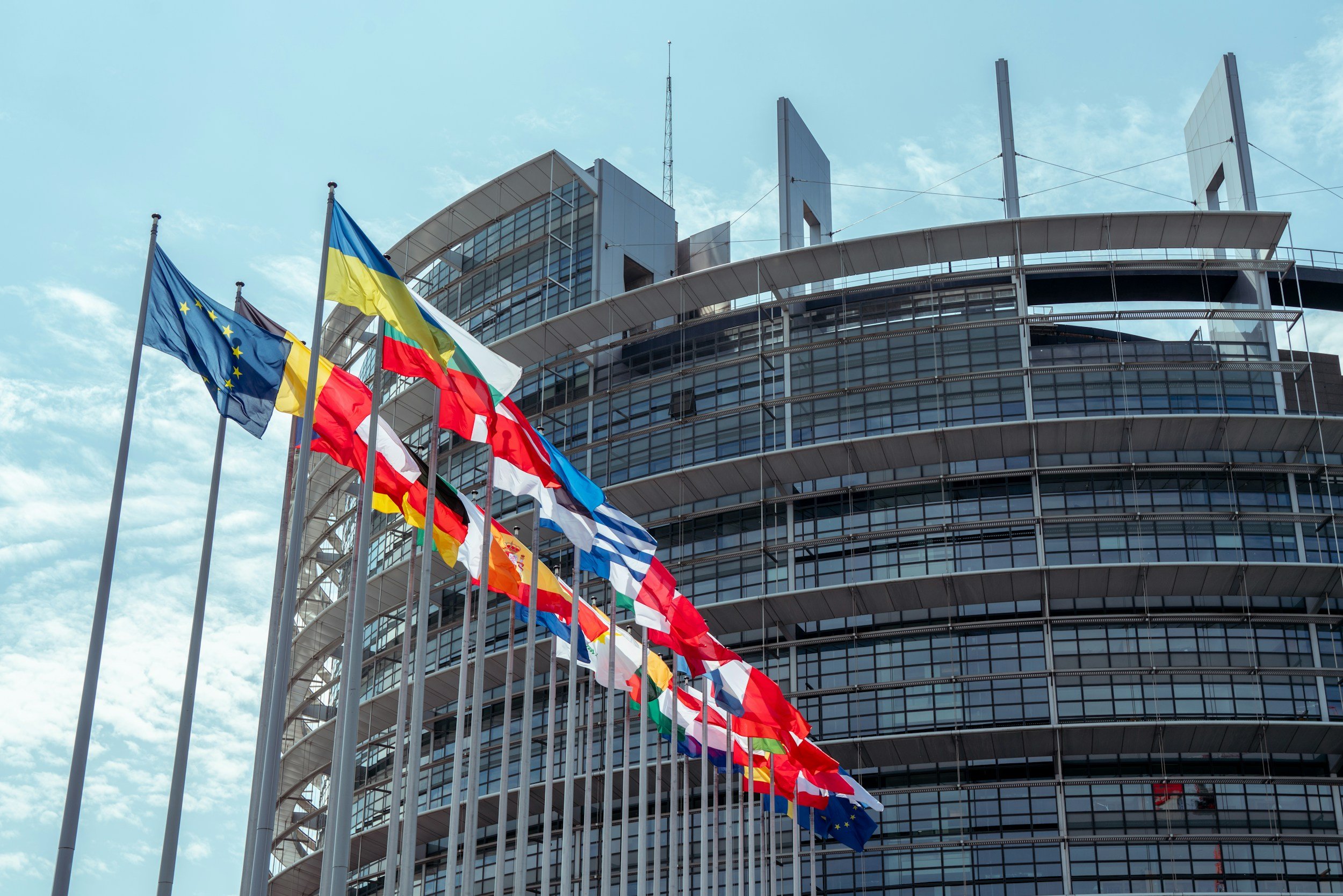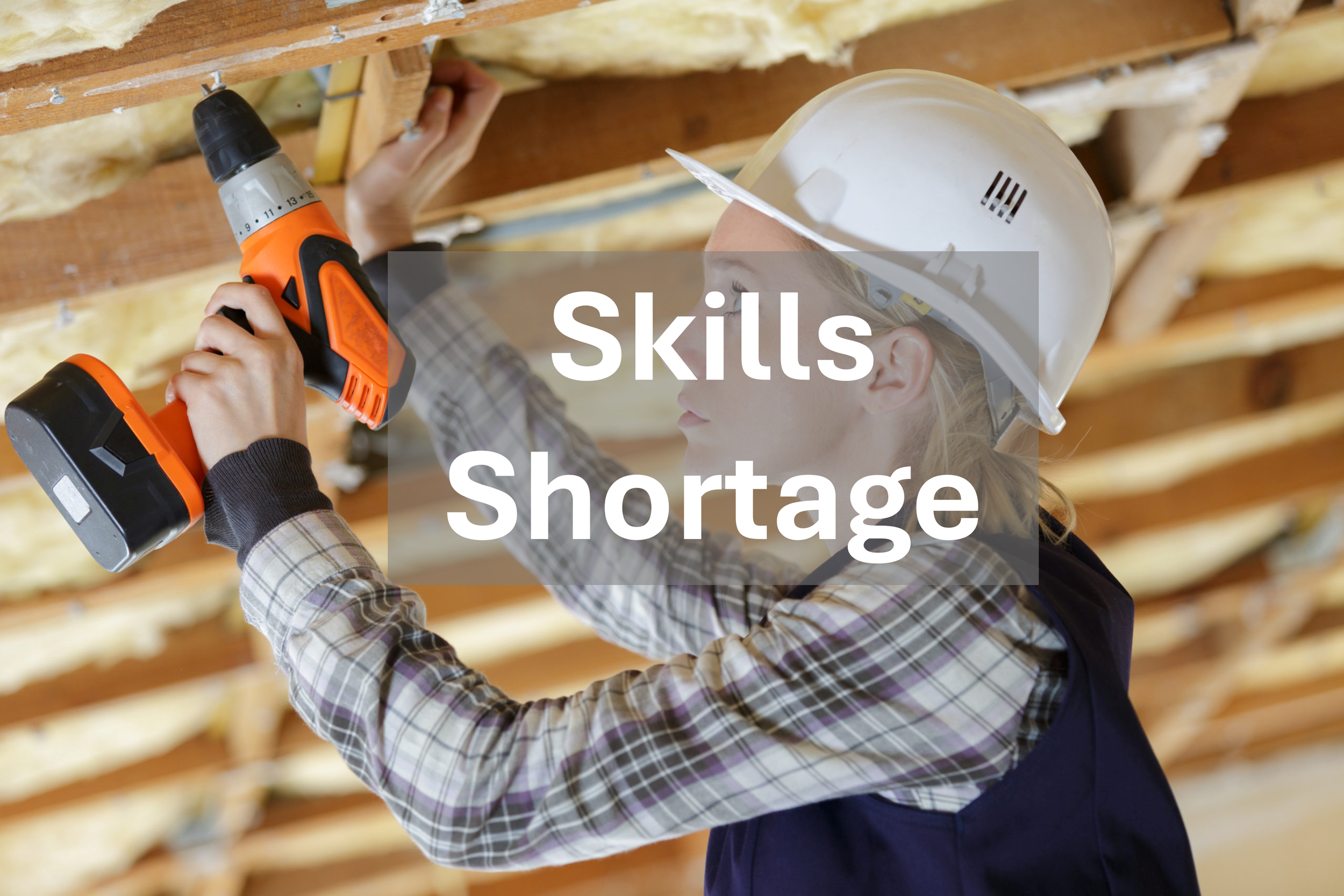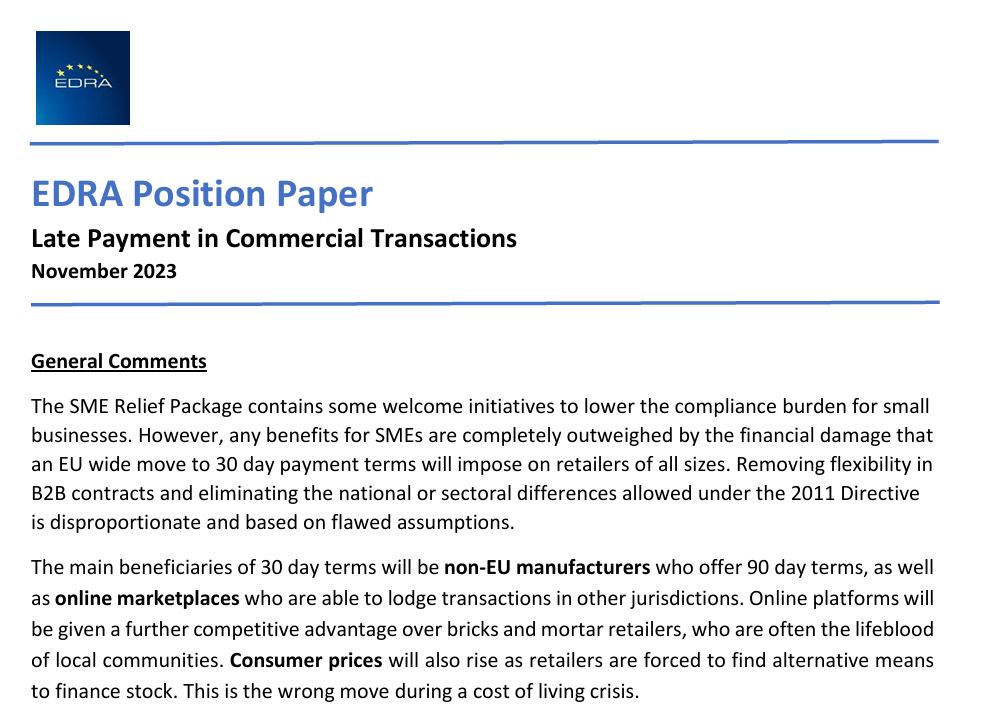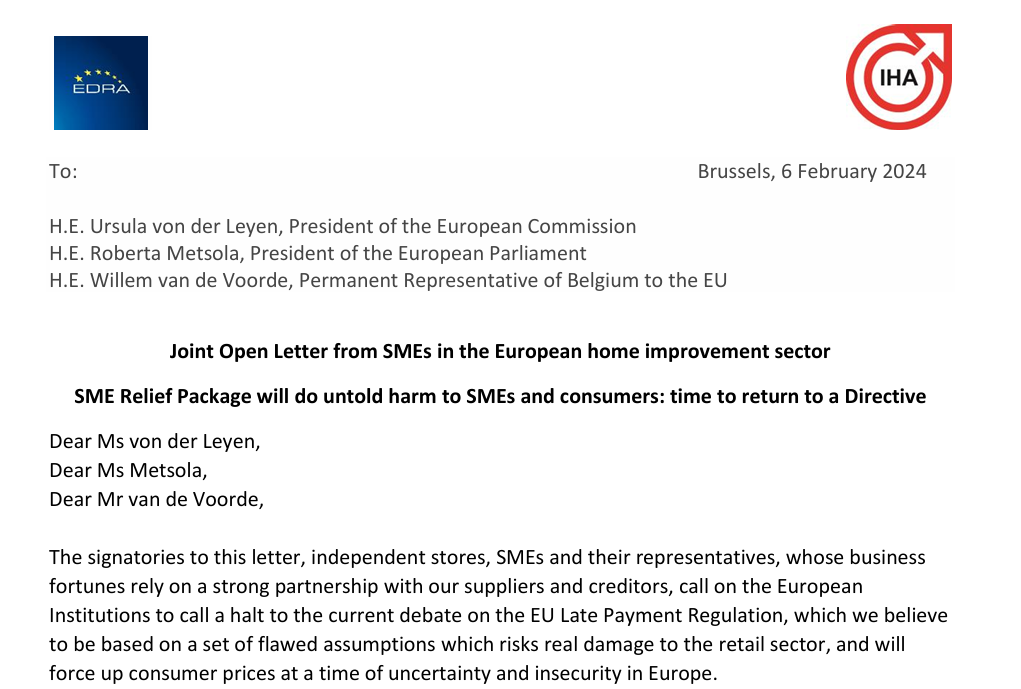Who we are
EDRA/GHIN represents a global network of home improvement retailers, made up of independent stores, SMEs and multinational groups. We are a collaborative community, whose primary purpose is to promote the competitiveness and sustainability of the retail market and ensure the sector’s voice is heard in the EU policy debate.
Our organisation is a hub for advocacy, knowledge exchange and networking, representing a sector that interacts directly with thousands of suppliers in Europe and overseas, and millions of consumers, both professional and households.
The EDRA Brussels office is headed by our Director of European Affairs - Alisdair Gray: gray@edra-ghin.org
Our vision…
is of a flourishing market for consumers, based on strong and supportive links between retailers and suppliers.
Our Mission…
is to shape a European operating environment conducive to long term growth and a sustainable future for retailers.
Our key priority…
is to ensure that consumers have access to safe, affordable and sustainable products, while maximizing our potential for innovation and growth.












